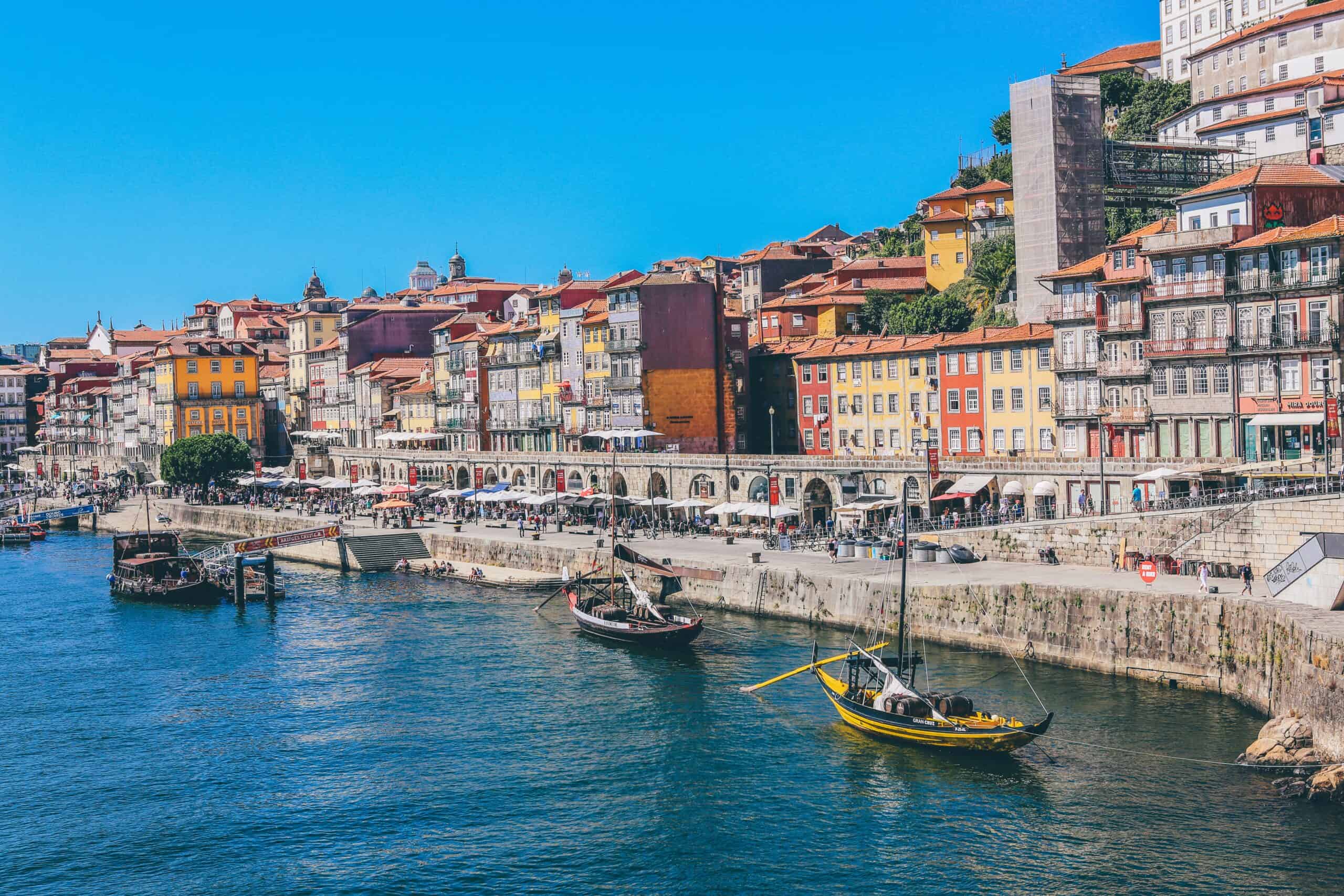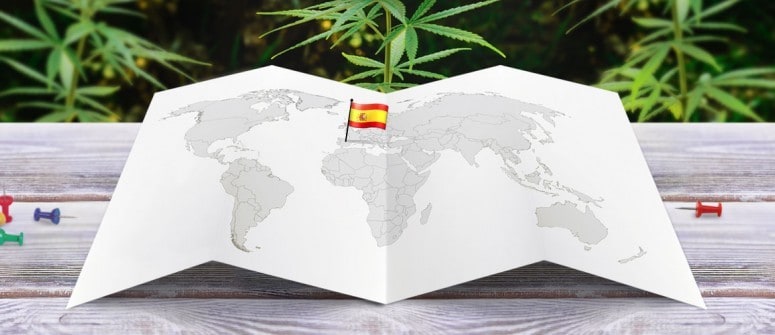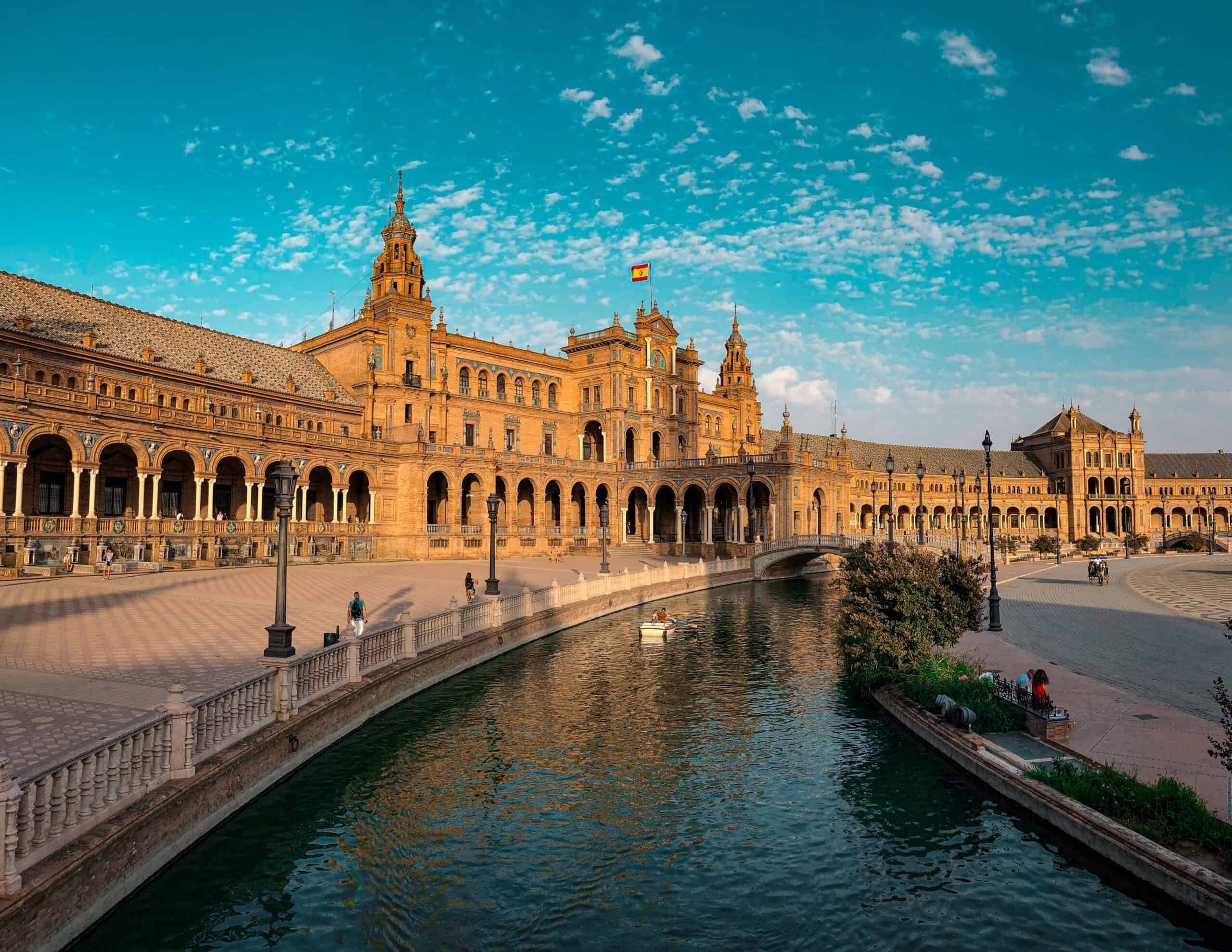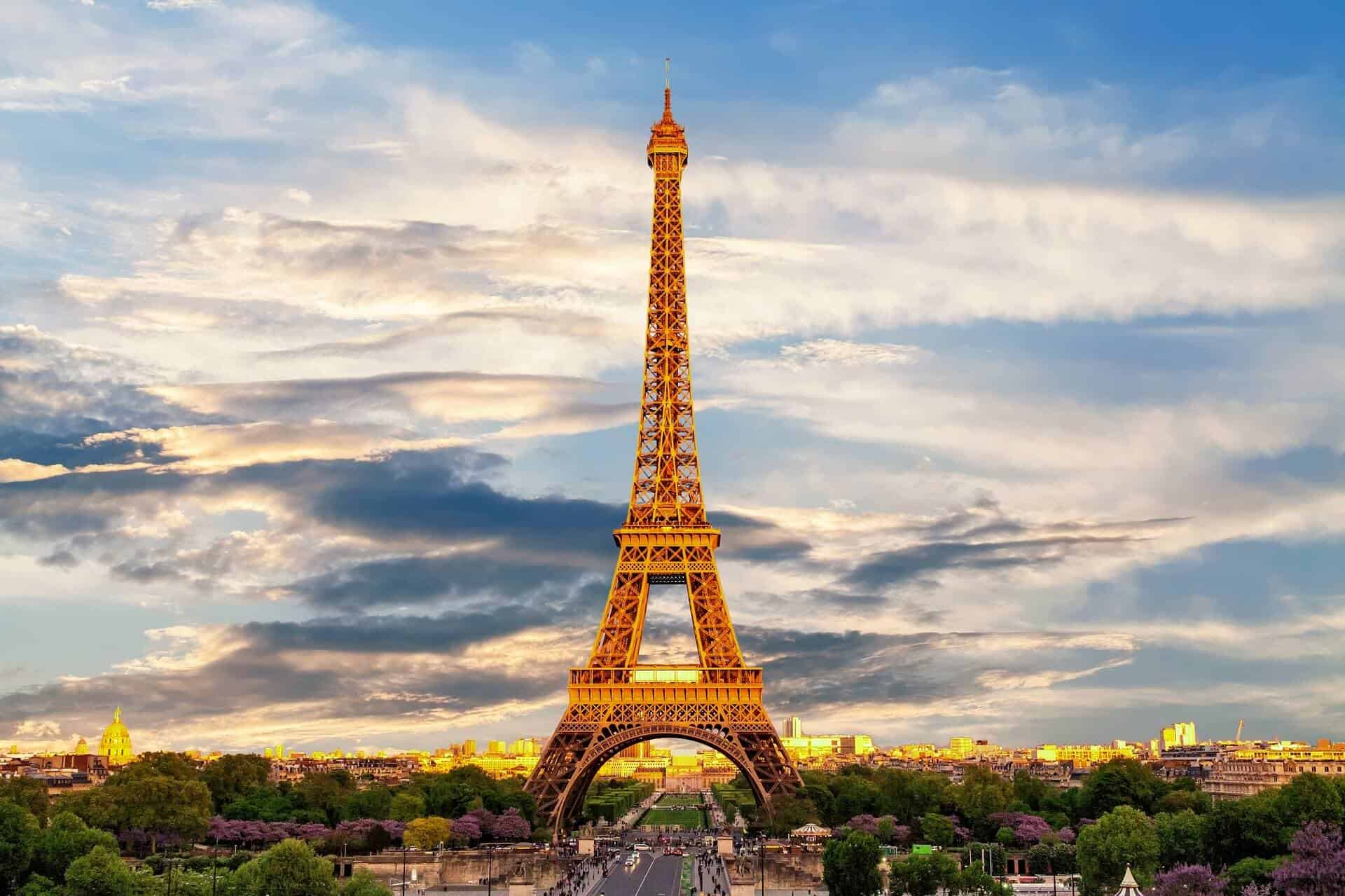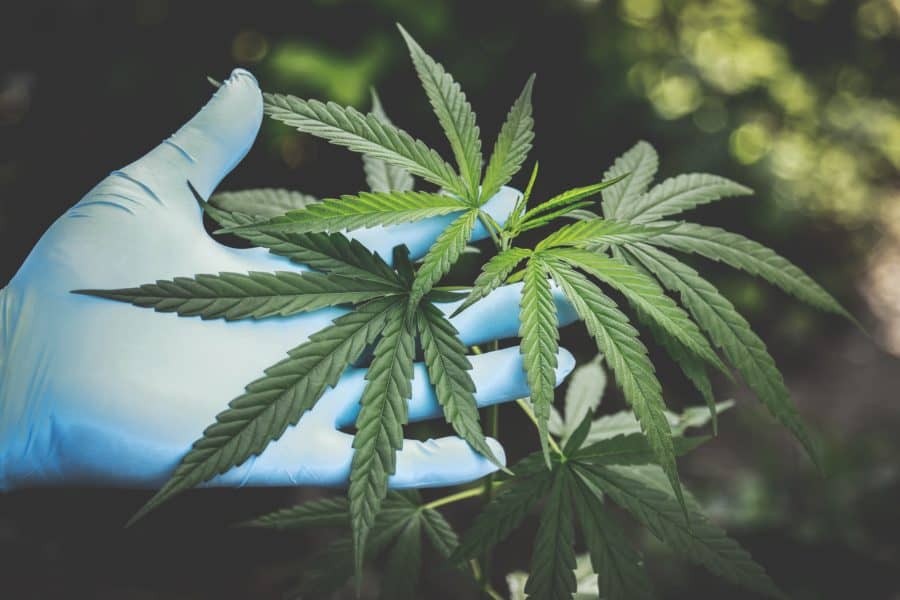Is CBD legal in Portugal?
Introduction
People around the world are noticing that CBD products are becoming more and more popular. Much of this is due to the growing evidence of the potential health and relaxation benefits of CBD and other related products. The growing use of CBD products means that stores are popping up all across the world. It also means that countries need to deal with regulating this phenomenon.
The European Union is no different. The EU authorities tried to harmonise the regulation of CBD in all of the member states. This process has had some success, but much more can and should be done.
We all know a lot of people who are fascinated by CBD. Maybe you are one of them. Are you considering buying CBD oil or some other similar product? Or maybe you are an entrepreneur thinking of setting up your own business? The times are good for such an opportunity and Portugal is an exciting place to start your business.
In either case, you need to know something about the legal status of CBD in the country of your choice.
This is why we at Essentia Pura strive to provide you with factual and up-to-date information about CBD regulation in countries around the European Union.
You can read our overview article about the European union here. You can also enjoy our detailed articles about the legal status of CBD in Italy, Spain, France, Germany, Poland, Austria, and Ireland.
We are continuing this series of comprehensive articles. This one concerns CBD regulation in Portugal.
In the first part of the article, we will explain some basic terms for CBD products. We will then explain Portugal’s regulation of drugs. We know that much has been written about Portugal’s stance on drugs, including cannabis and CBD products. Most of us have heard about the decriminalisation of drugs in Portugal and the success story that followed. While this is not directly the topic of this article we must at least touch on it.
Then we will explain the legal status of CBD in Portugal in detail, including the latest developments. In the last part of the article, we will offer you some advice on how to buy and sell CBD products in Portugal.
Basic information
CBD is derived from the cannabis plant. In order to better understand CBD products, we must first discuss what cannabis is and how it’s regulated.
Almost every person on the planet is familiar with cannabis. Some know it for its health benefits (medical cannabis), some treat it as a fun way to relax (recreational cannabis), while others view it as a dangerous drug. All three options can be true. The main cause of fear for the governments is a part of the cannabis plant called THC. This is the part that is responsible for the user feeling “high”. You know, the famous intoxicating feeling the plant can provide. The version of cannabis with high THC content is commonly known as marijuana.
There is, however, a second type of cannabis plant. This version contains virtually no THC. It is widely known as hemp. The usual legal content of THC in hemp is 0.2%. Portugal follows most countries in the EU in this regard. Humans have known and used hemp for a very long time. It is still popular around the world in many different aspects of life. You can find it, for example, in food or clothing, as well as many other industries.
So what is the legal regulation of cannabis like in Portugal?
Whitelabel CBD Made In Europe
Brand our proven CBD products with your label and personalized packaging. Set your own prices, and grow your business.
Find out more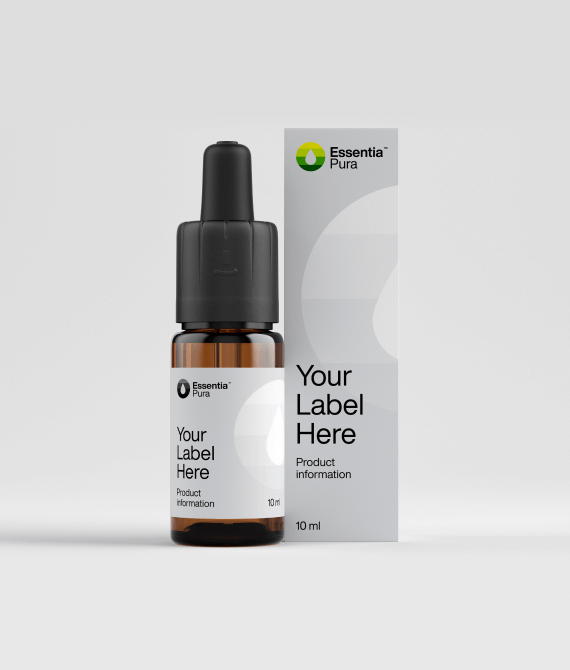
Drug regulation in Portugal
As we mentioned in the introduction, Portugal is famous for its comprehensive drug decriminalisation. A lot of people around the world have been celebrating this decriminalisation and claiming it is incredibly successful. We can without a doubt say that this is true. The decriminalisation process has indeed been a success.
Many countries have tried to emulate the approach of Portugal. People started viewing drug use and abuse in a different light. Drug addiction went from being the top problem in Portugal to being only the 13th most important issue. It definitely achieved a great deal. There is however plenty of misinformation about the legal status of drugs in Portugal.
We should take a closer look at what this revolutionary policy actually means.
Back in the 1980s, Portugal had an enormous problem with drug use leading to addiction. To deal with it Portugal decided to take radical measures. It decriminalised the possession and use of drugs.
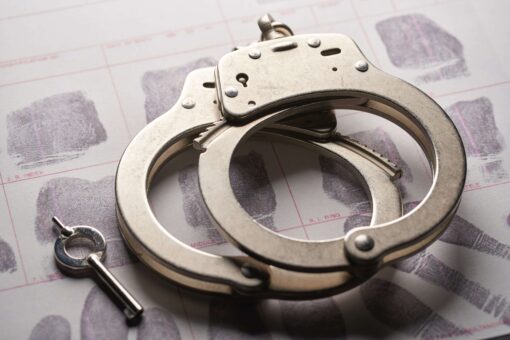
Portugal realised that treating drug users as criminals was counterproductive. Thus it completely changed its stance. The country instead started seeing drug addiction as a health issue. This means that you do not get arrested for drug possession or use. You only face a warning, maybe a fine. You also get a meeting with an official group called a commission. There is a legal expert on the commission, alongside a psychologist and a social worker. Together they evaluate you and, if needed, work with you on finding a solution to any potential drug use problems.
The use of cannabis in Portugal is therefore not a criminal act, rather it is treated as a problem that can be better dealt with in other ways. In 2018 there was yet another shift. Portugal made medicinal cannabis legal. Be careful however, the cultivation of cannabis is still a criminal act! Selling and trafficking drugs are also still considered crimes and are punishable with prison sentences. We urge you to be careful and not break any laws.
All of this only means that the police will not prosecute you for cannabis use. But does this make CBD legal? In order to answer that we should first explain what CBD is.
CBD
Cannabidiol (CBD) is one of 113 cannabinoids that comes from cannabis. CBD is extracted from cannabis in such a way that it is isolated from other cannabinoids. Most importantly, it can be separated from THC, the psychoactive element in cannabis. This is a major reason why a lot of people are drawn to it. If you want to learn more about the process of extraction and separation, you can do so here.
Scientists have conducted a wealth of research into CBD in the last couple of years. The results look promising. There might be many positive health effects of CBD use. Due to these possible benefits, the regulation of CBD is essentially tied to the regulation of medical marijuana. So is medicinal cannabis legal in Portugal?
As we explained above, medicinal cannabis is generally speaking legal in Portugal. Despite the liberal regulation of drugs in the country, cannabis use for medical purposes was only legalised in 2018. On the other hand, only recreational cannabis is decriminalised, and the cultivation of cannabis is still illegal. The difference might be subtle, but it is still very important.
If you want to get your hands on medicinal cannabis, however, there are a couple of things you should know. You need to obtain a prescription from your doctor. Broadly speaking CBD products share the same fate. You can however also buy CBD products as food supplements without a prescription. In this case, the THC content in the CBD product must be below 0.2%. This means that CBD oil must be derived from hemp and not marijuana.
Generally speaking, this is a fairly liberal regulation compared to most other EU countries.
Buying and selling CBD
As promised in the introduction, we will offer you some advice on where to buy and how to sell CBD oil and other products in Portugal. All of it is quite easy and can be done both online and in person. However, there are of course one or two things you have to watch out for.
Custom CBD Formulations Exclusively For Your
Set yourself apart from the competition by leveraging our custom formulation services. Reach out and discover more about our commitment to innovation.
Private label service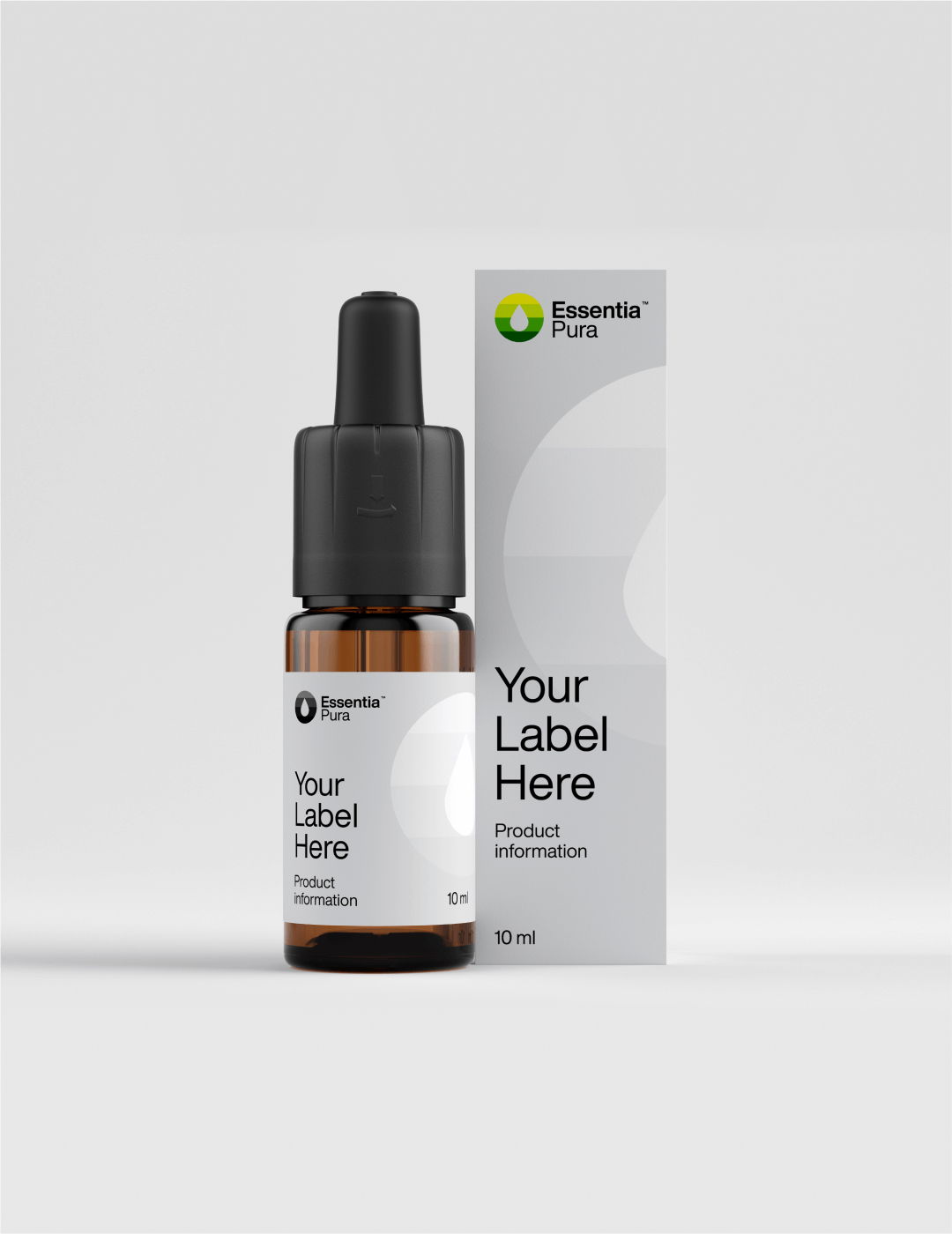
Buying CBD oil
If you are a consumer and you wish to buy CBD oil or other products for personal use you can do so both online and in stores. Those products will not contain THC and can be used as food supplements. Usually, online stores seem to be the more popular option. Perhaps because they often offer a wider variety of products.
If you wish to use CBD oil with THC legally you need to obtain a prescription. The prescription will be for medical cannabis products. You can get it from your personal doctor. This however means that you need to have a medical condition that can be treated with medical cannabis.
Selling CBD oil
Are you setting up your own CBD business?
First of all, we recommend that you only deal with accredited and trusted partners. Check that they know all the necessary regulations. For example, you need to make sure that the CBD is derived from hemp, so from cannabis with less than 0.2% THC content – unless you own a pharmacy. You also need to make sure what sort of extraction process they use, as not all of them are legal in the EU. On top of that, we recommend that you avoid any websites that make exaggerated health claims about their products. The legal status of those claims is questionable.
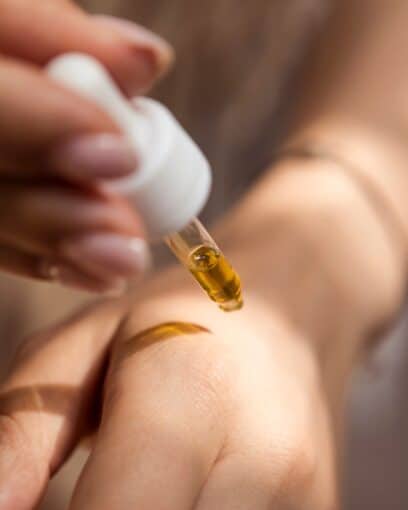
If you are looking for a partner to supply your CBD-related business we strongly recommend Essentia Pura. We are a Slovenian company specialising in the bulk sale of CBD and in hemp extraction. We are well aware of how important it is to stay up to date with all regulations and we try to provide you with a prompt and professional service. If you want to learn more, please explore our website.
Conclusion
So is CBD legal in Portugal? Yes, Portugal CBD regulation is considered liberal. Let us quickly review the article.
Portugal is famous for the decriminalisation of drugs in 2001. This means that possession and use of cannabis are no longer criminal acts. Nonetheless, the authorities can still give you a fine and send you to counselling. Furthermore, in 2018 Portugal changed the status of medical marijuana so it is now legal. This also means that CBD oil and similar products are legal with a prescription if they contain THC. If your CBD oil does not contain THC you can purchase it freely both online and in person.
We at Essentia Pura are certain that CBD products have a bright future in Portugal and all across the European Union.
Hopefully, this answers most of your questions regarding CBD oil legal status in Portugal. If you want to know more or you are interested in our other products, please contact us or leave a reply in the comment section.

